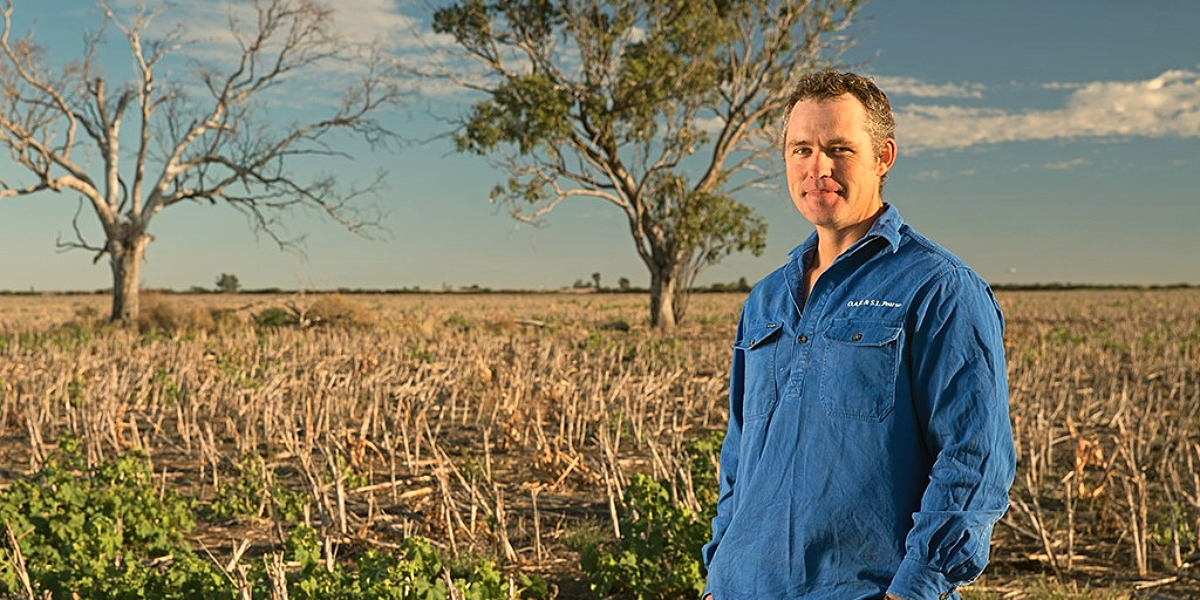NSW Farmers have warned the new NSW Nature Strategy announced today must not be used to restrict food and fibre production.
Farmers were fearful last year’s review of the Biodiversity Conservation Act by former federal treasury secretary Dr Ken Henry would lead to unworkable environmental policies that would undermine productivity and leave unmanaged and degraded landscapes in its wake. The damning review in has warned the state could lose half of its threatened species in 100 years without radical change.
The NSW government has revealed its plan to fix the state’s broken nature laws and curb runaway land clearing rates that have left the environment in crisis, but it’s stopped short of two key recommendations.
The Biodiversity Conservation Act, which Dr Henry found was not fit for purpose, will be rewritten to include a new NSW Nature Strategy.
Dr Henry called for no-go zones to protect high biodiversity areas from development. He also wanted biodiversity laws to have legal supremacy over competing legislation, warning the crisis was so deep the government must act in ways it had not previously contemplated.
For now the government has chosen a different path and Dr Henry says that means progress is likely to take longer, with outcomes less certain.
Environment Minister Penny Sharpe says the promised changes will be a meaningful start towards the lengthy task of environmental repair, and limiting future harms.
The strategy will set targets for conservation and restoration, including how to address key threats to nature and how the state will contribute to Australia’s environmental goals and commitments.
Areas of high biodiversity value will be carefully mapped to identify locations that should be shielded from negative impacts but the government insists they are not no-go zone maps, rather decision-making tools.
The much-maligned Biodiversity Offsets Scheme will be overhauled to address the raft of criticisms by the Henry review, including that it was compromised and lacked transparency.
Developers have also been put on notice that offsets – which allow damage from projects to be offset with preservation efforts other areas – will become an “option of last resort”.
Instead the focus will be on minimising harms from the start, with a bias against projects that will cause serious and irreversible impacts.
Agriculture Minister Tara Moriarty has also promised a fresh review of the Local Land Services Act in order to rein in excess land clearing on private land.
It’s set its sights on alarming levels of unallocated clearing, which conservation groups say is essentially invisible to government agencies.
Ms Sharpe says the suite of reforms are a start and the biggest she’ll have to tackle as minister.
Asked why the government hadn’t put biodiversity laws at the top of the legislative hierarchy, she said the government wasn’t interested in “massive, sudden movements”.
“It’s a process approach (but) it’s not my intention to change the outcome, which is that we’ve got to turn the biodiversity crisis around.”
NSW Farmers Board Member and Moree farmer Oscar Pearse said locking up land and restricting the land management practices of farmers was unlikely to deliver positive biodiversity outcomes.
“We’re still looking through all of the detail, but what we can see so far is more Government-mandated land clearing in the regions for non-agricultural developments, while those growing food and managing biodiversity in the landscape face major restrictions,” Mr Pearse said.
“Farmers spend their lives in the landscape and love where they live – they work hard to produce healthy plants and healthy animals with world-leading sustainability credentials.
“The drastic changes proposed for limiting the use of the Land Management Code will drive farmers away from cooperation with conservation and natural capital markets while they try to survive on their land, which is precisely the wrong signal to send.”
Mr Pearse said this issue would likely get a lot of attention at next week’s NSW Farmers Annual Conference, where Environment Minister Penny Sharpe was set to speak.
“The strength of our organisation is at our grassroots level and we’re going to have hundreds of those members in Sydney next week, it is our members who will inform our formal response,” Mr Pearse said.
Top image: NSW Farmers Board Member Oscar Pearse (NSW Farmers)
Something going on in your part of the region you think people should know about? Send us a news tip or email newsdesk@netimes.com.au.

